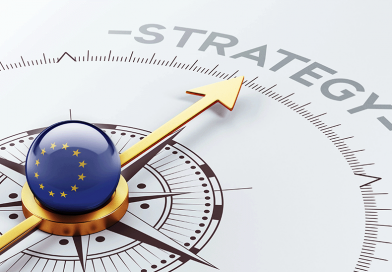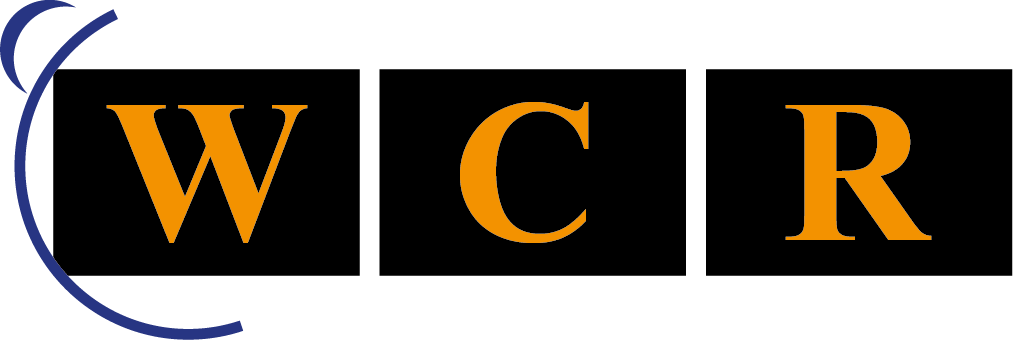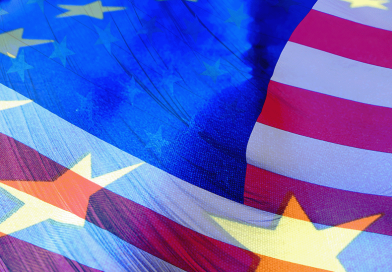For the last year there has been turbulence in the US-EU partnership. Marco Rubio argues that the new alliance should focus on advancing mutual interests and new frontiers, unshackling ingenuity, creativity, and the dynamic spirit to build a new Western century
Global Economy

The world today
The global economy has shown resilience despite heightened uncertainty, supply side shocks, and geopolitical risks, but downside risks remain significant. Andrew Bailey says that sustaining growth and financial stability will require innovation, openness, international cooperation, and strong global institutions

Defining the new strategic direction
The EU needs a new trade policy strategy. Ignacio García Bercero writes that a turbulent January exposed EU trade strengths and fissures, demanding rapid anti-coercion action and smarter leverage of trade deals

The sane insanity of digital sovereignty
Every major economy is now hedging against digital dependence. Matthew Kilcoyne examines digital sovereignty and the economic risks of uncoordinated fragmentation across global technology markets

The end of the world order
The great powers are trashing the global rules-based order. Mark Carney argues that middle powers can maintain some sovereignty and control over their own destinies in a new era of superpower rivalries by working together to fight for their values

Addressing Europe’s services dependencies
The geopolitical order keeps shifting. Agnès Bénassy-Quéré, Giancarlo Corsetti, Giulia Sestieri and Rolf Strauch discuss the economic security issues raised by services trade in the EU and call for a common industrial policy for services to boost competitiveness





